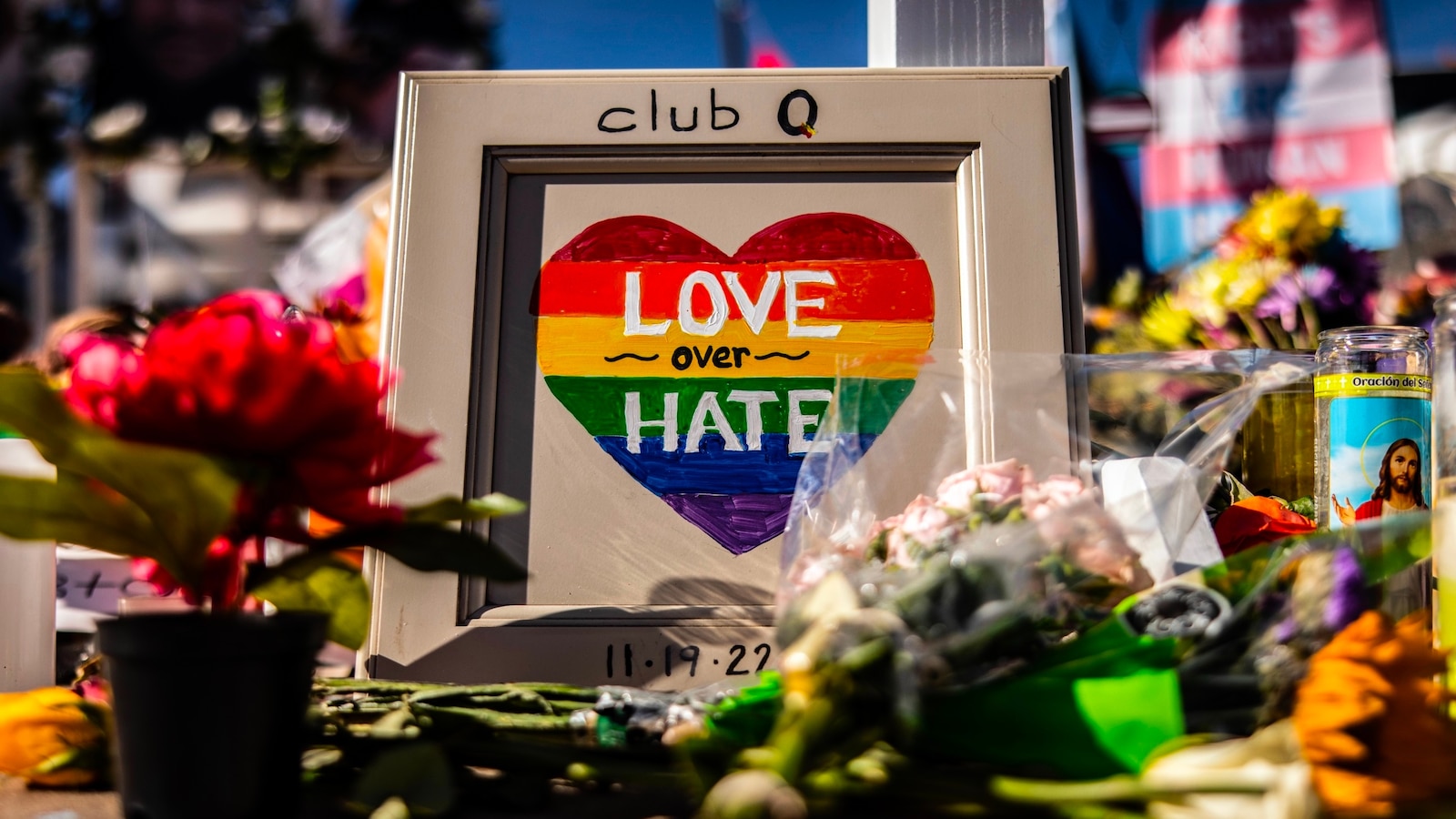Five people were killed in the attack on the LGBTQ bar.
The shooter who killed five and injured over a dozen more at an LGBTQ nightclub in Colorado Springs, Colorado, in 2022 accepted a plea deal Tuesday in connection with federal hate crimes charges and was given 55 concurrent life sentences.
Anderson Lee Aldrich pleaded guilty to each of the 74 charges of violating provisions of the Matthew Shepard And James Byrd, Jr., Hate Crimes Prevention Act of 2009 as well as gun crimes in the Club Q shooting. Aldrich initially pleaded not guilty.
United States District Judge Charlotte N. Sweeney accepted the plea agreement, sentencing Aldrich to life imprisonment without the possibility of parole, to be followed by a 190-year sentence of imprisonment.



I think people sentenced to life in prison should have a right to choose execution instead.
This is an interesting point I haven’t seen before. I think I agree, but only after suicide for medical patients is legal. And also, what about people not in a life sentence (whether a shorter sentence or someone not incarcerated)? Should they have any legal outlet?
Is there a difference between wanting to kill yourself and not wanting to live through a life sentence?
This is an approach to life sentences I’ve considered before; I would suggest the prisoner could only petition for execution after being incarcerated for a significant period (20 years or so maybe?) and having exhausted all possible legal appeals. The delay is there to ensure it’s not a decision taken in desperation and haste. By that point, if any new evidence to exonerate them is going to turn up, it probably has, although I acknowledge that’s not always the case.
I’m not sure I’d equate it to voluntary euthenasia as the prisoner isn’t leaving jail alive either way. On the other hand, I can see why linking the two makes sense too.
And having to have lived with the consequences of their actions for a signifigant period of time.
No taking “the easy way out” of their punishment.
deleted by creator